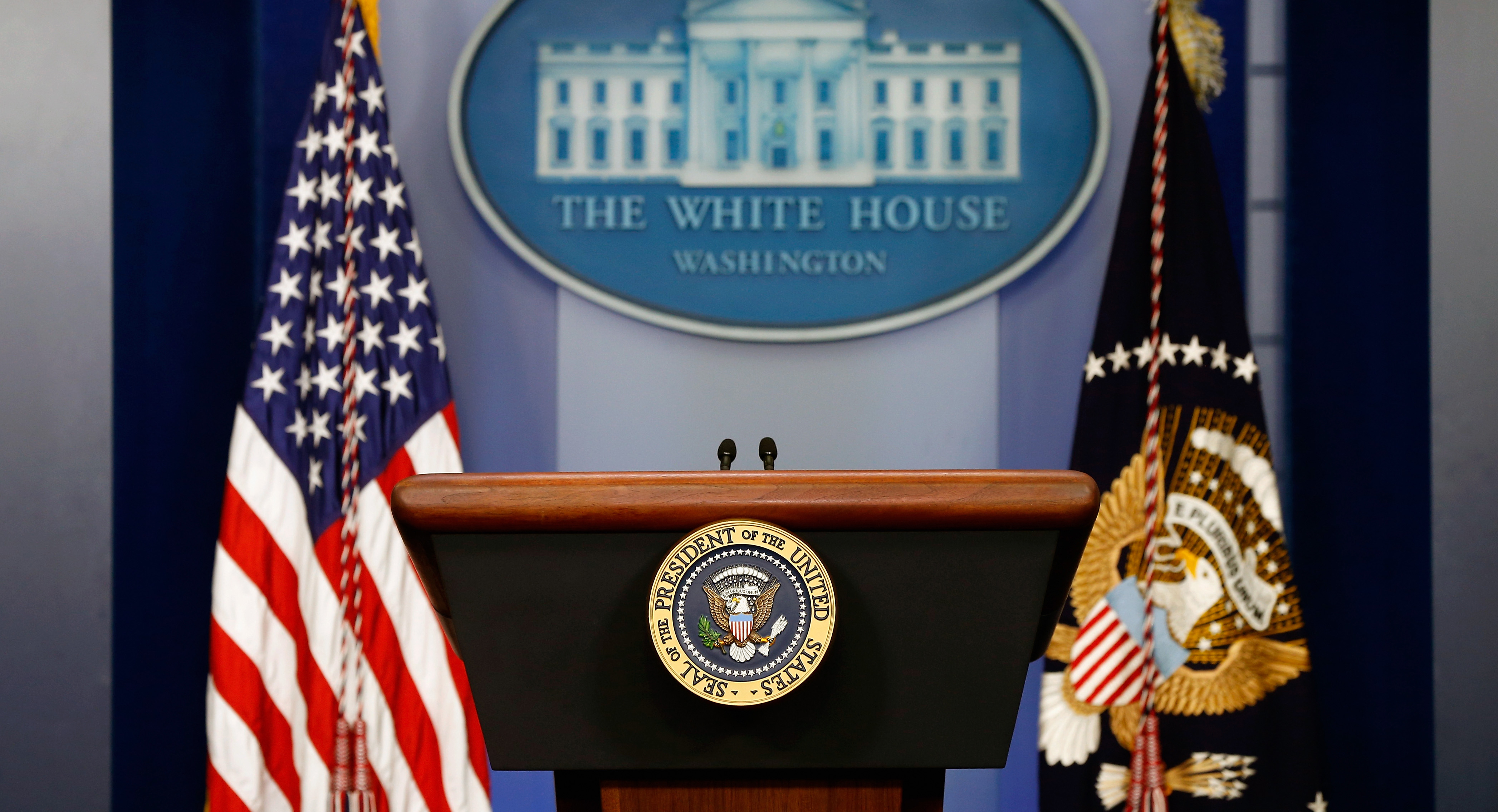Donald Trump’s latest outburst on Truth Social, where he proclaimed he is considering revoking Rosie O’Donnell’s citizenship, is a shocking example of not just his authoritarian tendencies but also his blatant disregard for constitutional law. This statement is not only deeply troubling for its implications on free speech and dissent but also showcases a profound misunderstanding of the legal framework governing citizenship in the United States.
Trump"s Misguided Crusade Against Dissent
In his post, Trump labeled O’Donnell a "Threat to Humanity," reflecting his long-standing animosity towards the comedian and activist. O’Donnell, who has been an outspoken critic of Trump, recently relocated to Ireland, citing the lack of equal rights in America as a reason for her departure. This move, seen by Trump as a betrayal, has drawn his ire, leading to a baseless threat to strip her of her citizenship.
This incident underscores a broader pattern of Trump’s behavior: a tendency to silence his critics through intimidation. According to Harvard Law School, the president lacks any legal authority to revoke citizenship from someone born in the U.S., as enshrined in the 14th Amendment. Such actions are not only unconstitutional but also reveal a chilling disregard for the very principles of democracy that the United States purports to uphold.
Constitutional Protections Under Attack
O’Donnell, a natural-born citizen, is protected under the Constitution, which states that “All persons born or naturalized in the United States… are citizens of the United States.” Trump’s suggestion to revoke her citizenship is an obvious attempt to distract from his administration’s failures and his increasingly authoritarian tactics. Legal scholars have long noted that any attempt to alter this fundamental right through executive action would be both legally indefensible and politically dangerous.
As reported by constitutional law experts, there is no serious scholarly debate about whether a president can unilaterally eliminate birthright citizenship. Such actions would contradict the Supreme Court"s interpretation of the Citizenship Clause, which has consistently upheld the rights of citizens, particularly in matters of national origin.
\n\n
Rosie O"Donnell Fled to Ireland, Now She Thinks She Runs America
Implications for Free Speech and Civil Rights
This incident raises significant concerns about the implications of Trump’s rhetoric for free speech rights in America. While he claims to protect free speech, his actions tell a different story. The very idea of revoking citizenship based on dissenting opinions is a direct affront to the First Amendment rights guaranteed to all Americans.
After Trump’s post, O’Donnell responded on TikTok, amplifying her critique of his presidency. She referred to him as a "mentally ill untreated criminal" and accused him of endangering the nation. This exchange is indicative of a broader struggle between authoritarianism and the protection of civil liberties. The chilling effect of Trump"s threats against public figures and journalists cannot be understated.
Ongoing Legal Battles and Challenges to Executive Authority
Trump’s attempts to dismantle birthright citizenship are not new. Earlier this year, he signed an executive order aiming to end the practice, which was subsequently blocked by a federal judge. This latest episode serves as a reminder of the ongoing legal battles concerning executive authority and civil rights that define Trump’s presidency.
The pushback against his policies is crucial in preserving democratic governance. The courts have repeatedly reaffirmed that changes to citizenship laws must go through Congress, not through the whims of a president. As noted by legal analysts, such attempts at unilateral action are not only unconstitutional but also serve to undermine the foundational principles of democracy.
\n\n
Daily White House press briefing to stay in the West Wing ...
Continued Resistance Against Authoritarianism
The public response to Trump’s threats is vital. Voices like O’Donnell"s, along with other celebrities and activists, are crucial in mobilizing resistance against this authoritarian narrative. Their platforms provide a means of challenging Trump’s rhetoric and holding him accountable for his actions.
As citizens, we must remain vigilant against attempts to undermine our rights. The fight for civil rights and democratic governance is ongoing, and the implications of Trump’s threats extend far beyond one individual. They reflect a systemic issue that requires our collective attention and action.

![[Video] Anti-ICE Protester Pepper Sprayed as CBP Agents Disperse Crowd in Minneapolis](/_next/image?url=%2Fapi%2Fimage%2Fthumbnails%2Fthumbnail-1768260677127-y71sb7-thumbnail.jpg&w=3840&q=75)

![[Video] Several injured as U-Haul truck drives through Iranian protestors in Los Angeles](/_next/image?url=%2Fapi%2Fimage%2Fthumbnails%2Fthumbnail-1768176682028-q95y6j-thumbnail.jpg&w=3840&q=75)
![[Video] Scuffle breaks out between Trump supporters and Anti-ICE protesters in Times Square](/_next/image?url=%2Fapi%2Fimage%2Fthumbnails%2Fthumbnail-1768165958203-hgcgb-thumbnail.jpg&w=3840&q=75)


![[Video] Gunfire between Iraqi security forces and Sadr militias in Baghdad](/_next/image?url=%2Fapi%2Fimage%2Fthumbnails%2Fthumbnail-1768343508874-4redb-thumbnail.jpg&w=3840&q=75)
